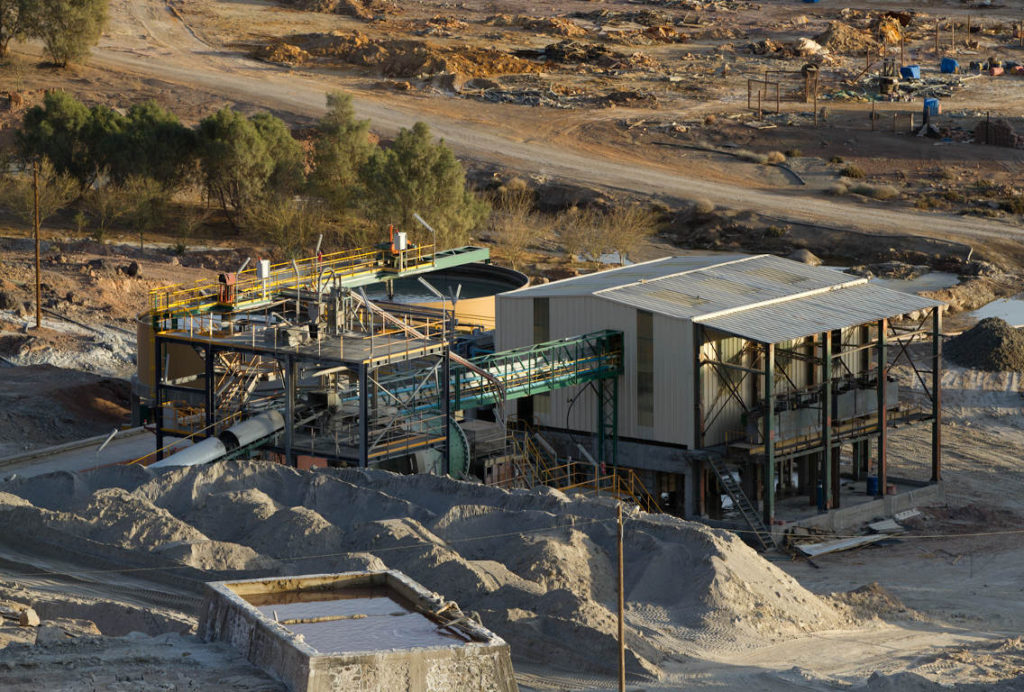Managem says water at cobalt mine safe, denies report on arsenic contamination

Moroccan mining company Managem said on Wednesday an audit of its water supplies showed no irregularities after a German newspaper reported that toxic arsenic had been found in water samples taken from mines in the country.
Managem’s Bou Azzer mine supplies German automaker BMW with cobalt, widely used in electric car batteries. The company also plans to supply Renault in 2025.
BMW told Reuters on Sunday it was seeking clarity on the operations at the mine after the Sueddeutsche Zeitung said its reporters, in collaboration with broadcasters NDR and WDR, had found serious violations of environmental and labour protection standards at mines in Morocco, as well as excessive levels of arsenic in water samples.
The report also said that Managem was not complying with international standards for the protection of workers and taking action against critical trade unions.
In a statement, Managem said it was implementing the “highest standards in the industry in terms of quality, safety and respect for the environment”.
“Since the opening of the mine, no arsenic-related occupational illnesses have been identified, nor any arsenic-related illnesses in the Bou Azzer mine area have been reported,” the company said.
“Annual studies and audits carried out, as part of ISO certification, confirm that heavy metal and trace element analyses show no irregularities in concentration levels that exceed drinking and irrigation water standards.”
BMW sources a fifth of its cobalt supplies from Morocco. A spokesman said the automaker, which is in intensive talks with Managem, had commissioned two independent audits into the Bou Azzer mine to “examine social and environmental standards at the location”.
“Based on these results we will decide on the way forward,” the spokesman added.
Renault also said it would soon launch its first on-site “environmental, social and corporate governance audit” of the mine by a third-party.
Casablanca-listed Managem is majority-owned by the Royal holding company and operates a number of mines in several African countries.
The World Health Organisation says arsenic, which naturally occurs in the earth’s crust, is toxic, and long-term exposure, mainly through drinking-water and food, can lead to chronic poisoning, symptoms of which include skin lesions and cancer.
(By Ahmed Eljechtimi, Christina Amann and Gilles Guillaume; Editing by Miral Fahmy)
{{ commodity.name }}
{{ post.title }}
{{ post.date }}




Comments